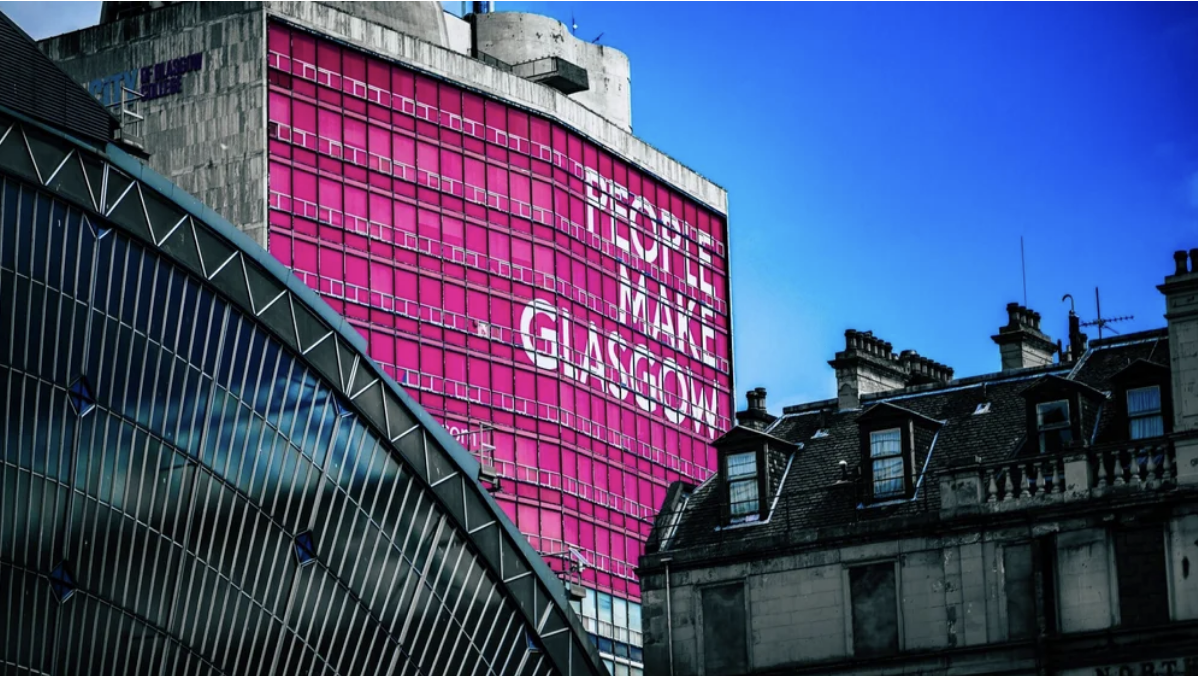With sexual crimes rising in the city, how can students stay safe in their day to day life?
In June, the BBC reported that the number of sexual crimes that occur in Scotland has increased by 3% in the last year – the highest it has been since 1971. This is a staggering and terrifying statistic, leaving many in Glasgow worrying about their own safety in the city. Learning how to stay safe, especially if you are new in Glasgow, is extremely important. Knowledge is power in unsafe situations, and knowing what to do if something does happen can give peace of mind.
The Glasgow Guardian spoke with fellow students about how safe they feel in Glasgow. The experience of commuter students, for example, can be drastically different from those who have moved to Glasgow. There are many things that locals are aware of that new students or those who are not familiar with the area may not know. Furthermore, commuters can also find themselves in difficult situations; cancelled buses, trains, and nights out where there’s no public transport. People may end up staying with those they may not know well. This is especially prevalent during fresher’s week when most of the events go well into the night.
It is very easy in cramped public places for unsafe situations to occur, from physical, sexual assault to spiking. One of the most worrisome aspects of safety is drink spiking in pubs, bars, clubs and the consequences of that. The Edinburgh Reporter states that there have been 760 reported spiking incidents in Scotland since 2020, which is even scarier considering that only one out of ten incidents are reported, making the real numbers drastically higher.
There are multiple ways to identify a spiked drink: excess fizziness, change in taste, and a cloudy/foggy appearance, but drinks can also show no signs of it. Confusion, dizziness, nausea, and loss of verbal communication skills are also common signs that someone has been spiked.
Recently, in the West End, there have also been some instances of unsafe behaviour being portrayed. Speaking to The Glasgow Guardian, a person who requested to stay anonymous stated that in the last few weeks alone, they have dealt with multiple incidents of potential attacks. They mentioned how many prey on young women who are walking alone as they are “easier targets” and, despite not wanting to engage with strangers, are too “polite” to walk away, fearing the potential repercussions.
When discussing how they felt unsafe in the city, they stated that a recent encounter had led them to report a man to the police. Thankfully, they were able to leave the situation unharmed, but for this anonymous person, it created concern for those who may not be able to walk away or deal with similar situations.
When we asked, 85.7% of the public responded that they felt safe in Glasgow. However, 57.1% of respondents agreed that they have experienced behaviours or events that have made them feel unsafe. This highlights that despite generally believing that Glasgow is a safe place to live, the majority of residents still have had experiences where they have felt worried for themselves and their safety.
Another anonymous respondent stated that “women, POC [People of Colour], queer, and trans people often face discrimination and violence”. The respondent furthered the idea that discussion, despite being good, is not enough and that Glasgow residents should “focus on supporting and defending each other”.
CrimeStoppers, an independent UK charity that helps report crimes anonymously, says to stay safe on a night out, follow their six top tips: stay in groups where possible, arrange lifts or taxis, drink in moderation and monitor your drink throughout the night, stay in well-lit areas, hide valuable items, and keep away from hostile situations.
While these suggestions may seem like overkill, being overcautious of surroundings can sometimes be the difference between being safe and ending up in unsafe situations.
Safety in Glasgow is not entirely scary; there are a variety of support groups and community initiatives. For example, Strut Safe is a UK-wide phone line that runs throughout the night, from 7pm to 3am Friday/Saturday and 7pm to 1am on Sundays. Strut Safe is a “volunteer-operated and non-judgemental support line” and is there to ensure that those who use their services make it to their destinations.
If you are in and around campus, the University’s SafeZone app is also available if you need first aid assistance, or are concerned for your safety. The app is monitored 24/7, and puts you in contact with the on-campus security team. If you are heading to an event at the GUU, you can also find members of the Duty Board available if you feel uncomfortable and need assistance.
Another initiative that may come in handy is the Glasgow Taxi Scheme. If you have run out of money, you can call a taxi and give your student card as a holding deposit, and pick it up at the University Gatehouse the next day. This is great if you need to get home quickly and safely, and can be used across Glasgow.
Safety in Glasgow and many large cities has always been an issue. For everyone to stay safe and be able to walk around without fear, society needs to be defensive and ensure that we protect each other, even if we don’t know each other. If anyone looks uncomfortable or is being followed, interrupt and do as much as you can without risking your own safety. Glasgow is as safe as society makes it, so do your part.
